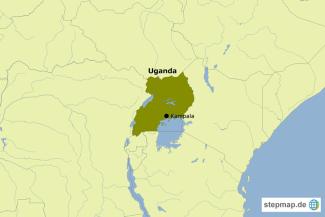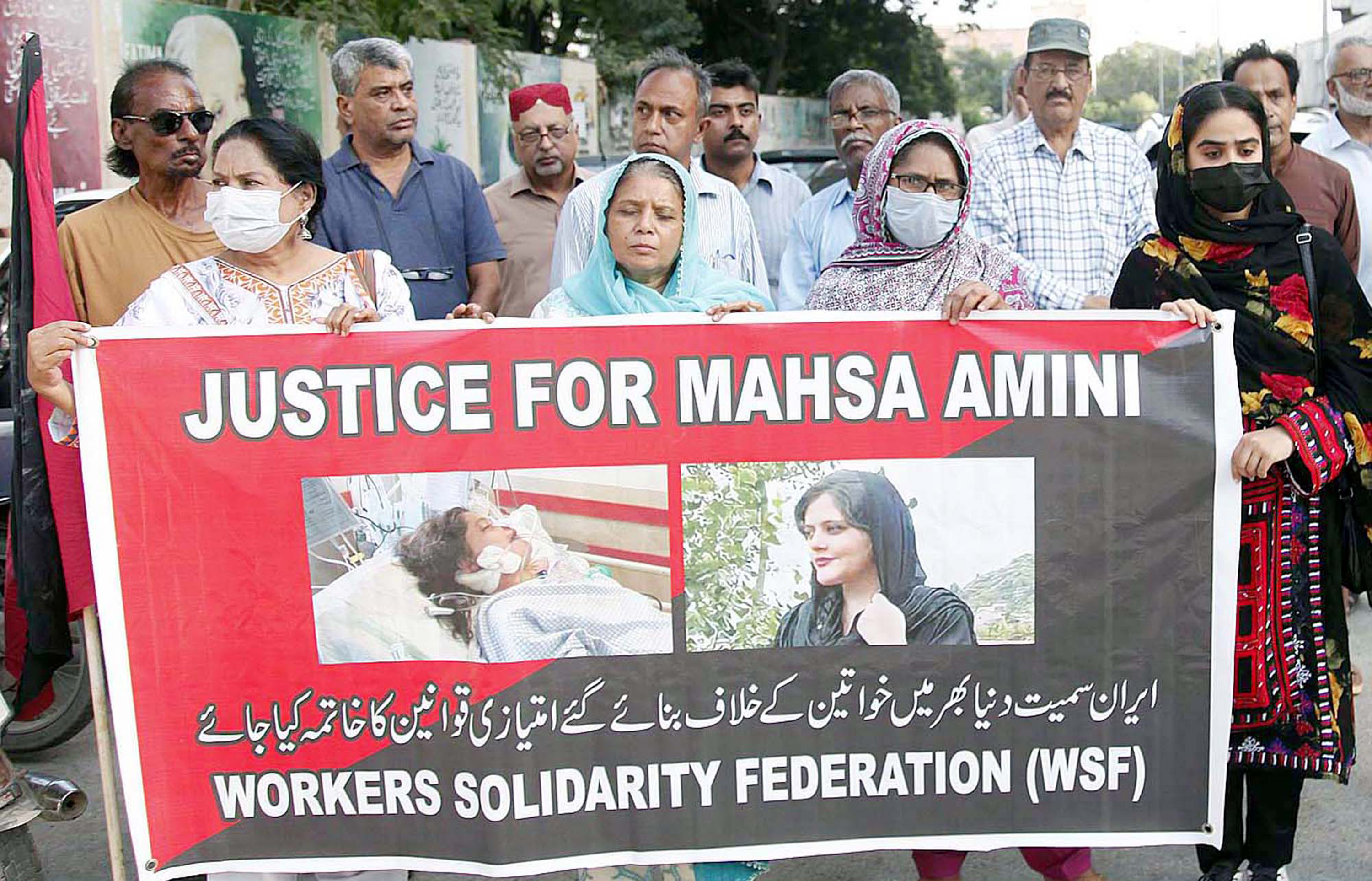Politics
“Say no to salt”

Today, 121 of more than 300 members of parliament are women. However, only 11 of them won the seat of a constituency in direct elections competing with male candidates. The other 110 women MPs gained office thanks to affirmative action: every district elects a female MP, and only women can run for this office. Uganda’s parliamentary districts are smaller than the districts, and the constituency MPs are closer in touch with the electorate.
In election campaigns, women are quite active, taking part in debates and going from door to door, trying to convince voters. Only very few win a constituency, however, and female MPs do not play a big role in Parliament, even when it comes to decision-making on issues concerning women.
Rita Aciro is the executive director of the Uganda Women’s Network (UWONET). She says that party manifestos always promise better lives for women. Parties also pledge to put more women in leadership positions. However, the promises are not kept. Aciro complains: “Women lead the dancing, cook food, serve the drinks, and they spread enthusiasm. But when it comes to taking up political positions, their percentage is very low.”
To buy votes, politicians try to bribe women with free gifts like salt. Aciro argues that women have to “say no to salt” and vote freely for the candidate of their choice.
The party in government is the National Resistance Movement. More than a quarter of its elected officials are women. The largest opposition party, the Forum for Democratic Change, only has a share of less than a fifth.
UWONET is now calling for a balance of women and men in all political parties that will participate in the upcoming elections. Aciro insists that “there is a lot of benefit of having women in leadership positions, because as a decision-making woman they can ensure that all women get better services.”
She has a point. For instance, the Uganda Women Parliamentary Association (UWOPA) is pushing for provision of all public services to rural women. UWOPA is the caucus of all women MPs in Uganda. Male MPs can join it if they want to.
UWONET is raising several key demands. The civil-society organisation wants five percent of the health budget to be reserved for women’s health. It also wants women’s land rights to be protected, and girls to get the same education as boys.
Aciro urges parties to mentor and empower their women members and voters on individual ability and not judging them by their gender.
Gloria Laker Aciro is a former war reporter, now heading the Peace Journalism Foundation of East Africa. She lives in Uganda.
glorialaker@gmail.com
Twitter: @GloriaLaker
Links:
Uganda Women’s Network (UWONET):
http://uwonet.or.ug
Uganda Women Parliamentary Association (UWOPA):
http://www.uwopa.or.ug












